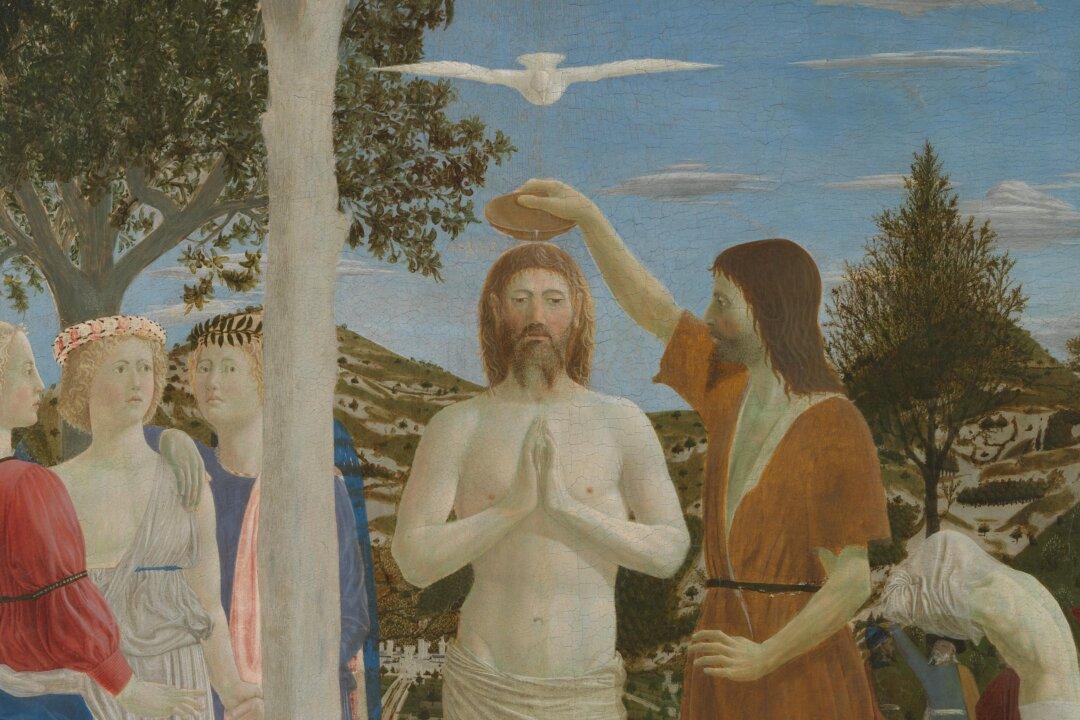There was always music in our house when I was growing up: operas and piano sonatas and string quartets. I still remember the sound of the needle poised on a record making the noise of hushed applause before the music started.
When I was 4, my mother asked me if I would like to learn to play the piano. I replied that I would teach myself. She immediately set about finding me a teacher. A series of teachers, really, as I was deemed a prodigy; I moved up the totem pole of tutors.






